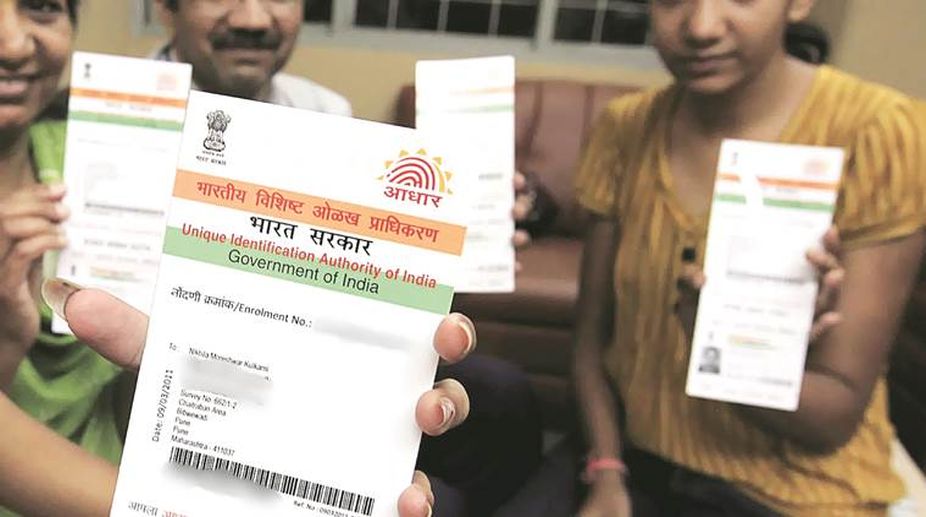SC asks states/UTs to decide on plea seeking to conduct yatras on poll awareness
The bench was told that such orders prohibit all kinds of assemblies, meetings and demonstrations during the duration of elections.
The Supreme Court on Wednesday upheld the constitutional validity of Aadhaar, but it has been done with some major modifications.

Representational Image (Photo: Facebook)
The Supreme Court on Wednesday upheld the constitutional validity of Aadhaar, but it has been done with some major modifications.
The five-judge constitution bench headed by Chief Justice Dipak Misra pronounced three sets of judgments. The first of the three verdicts was pronounced by Justice A K Sikri who wrote the judgment for himself, CJI and Justice A M Khanwilkar.
Justice Chandrachud and Justice A Bhushan, who were also part of the bench, later announced their individual opinions.
Advertisement
Here are 10 major takeaways from the verdict:
1.Aadhaar will remain mandatory for filing of Income Tax returns and allotment of Permanent Account Number (PAN).
2. Section 57 of Aadhaar Act, which allows private entities to demand Aadhaar to access services, struck down.
3. It will not be mandatory to link Aadhaar to bank accounts and telecom service providers cannot seek its linking of Aadhaar for mobile connections.
Read | Supreme Court upholds constitutional validity of Aadhaar, but strikes down Section 57
4. At will also not be mandatory for school admissions, as also for the examinations conducted by the Central Board of Secondary Examination, National Eligibility cum Entrance Test for medical entrance and the University Grants Commission.
5. The court said Aadhaar could not be duplicated as “there are sufficient safeguards to protect data collected under Aadhaar scheme.”
6. No person will be denied benefits under social welfare scheme because of the failure of authentication through Aadhaar.
7. Government to ensure illegal migrants are not issued Aadhaar.
8. National security exception under the Aadhaar (Targeted Delivery of Financial and other Subsidies, Benefits and Services) Act struck down. SC judgment says Aadhaar is meant to help the benefits reach the marginalised sections of society and takes into account the dignity of people not only from personal but also community point of view.
9. Passing of Aadhaar Bill as Money Bill by the Lok Sabha upheld. Congress and its leader Jairam Ramesh had earlier challenged the passage of the bill in the House.
10. The court made it clear there was nothing in the Aadhaar Act that violated the right to privacy of an individual.
Advertisement